As one of the leading centers for attracting foreign direct investment (FDI) in the country, Hanoi aims to shift its strategy in the 2026-2030 period, from quantitative growth to qualitative growth.
The city prioritizes attracting green FDI, high technology, clean energy, data centers, semiconductors, smart cities and digital financial services.
Attractiveness of investment environment
According to the Hanoi Department of Finance, from 2020 to October 2025, the city attracted more than 15.625 billion USD of FDI capital, affirming the attractiveness of the investment environment and the government's efforts in reforming administrative procedures; of which 1,007 projects adjusted to increase capital with a total additional capital of 10.8 billion USD, accounting for 69.2% of total FDI capital, clearly demonstrating the long-term confidence of businesses operating in Hanoi.
Hanoi City prioritizes attracting green FDI, high technology, clean energy, data centers, semiconductors, smart cities and digital financial services.
In the first 10 months of 2025 alone, FDI capital flows reached 3.858 billion USD, nearly three times higher than the same period last year and exceeding the planned target.
Notably, the additional adjusted capital from 115 projects accounted for more than 83%, showing that businesses are continuing to expand their scale and strengthen their supply chains in Vietnam.
In fact, the FDI capital flow into Hanoi city in recent times shows a clear shift from pure real estate investment to high technology, services and innovation.
Real estate still leads with 1.348 billion USD, focusing on smart urban projects, commercial centers and high-rise offices in inner-city wards such as Cau Giay, Tay Ho, Hoang Mai and Dong Anh commune.
Along with that, the investment capital flow into the processing and manufacturing industry ranked second with nearly 570 million USD, playing a key role in job creation and technology transfer. Meanwhile, professional, scientific and technological activities had more than 400 projects, reflecting the investment trend in digital technology, research and innovation.
In terms of investment partners, Japan, South Korea and Singapore continue to lead, accounting for more than 70% of total FDI capital in Hanoi city.
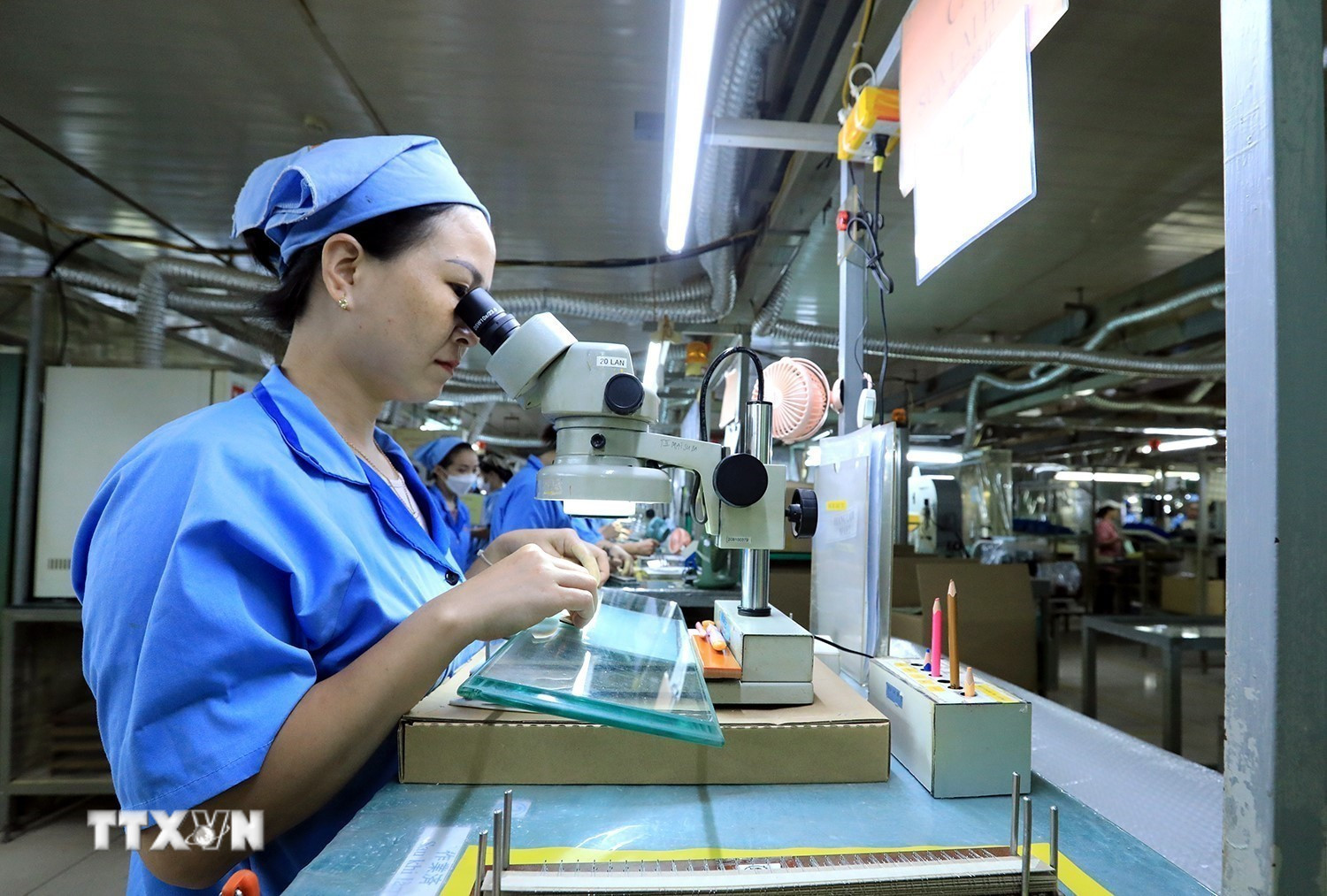
Japan maintained its number one position with electronics, precision engineering, and smart urban development projects. South Korea invested heavily in electronic components, software, and e-commerce, while Singapore and Hong Kong (China) stood out with finance, logistics, and real estate.
Recently, Hanoi city has also recorded increased interest from investors from countries such as Germany, the Netherlands, and France, countries with strengths in renewable energy, education, and high-quality healthcare, contributing to expanding green FDI capital flows.
Key industrial parks such as Thang Long, Bac Thang Long, Quang Minh, Phu Nghia, Sai Dong B continue to be the focus of FDI attraction. Thang Long Industrial Park in Dong Anh Commune and Quang Minh Industrial Park in Me Linh Commune have high occupancy rates, modern production scale, and contribute greatly to the budget.
The city is accelerating the expansion of Phu Nghia 2, Dong Anh and Bac Thang Long to welcome the new wave of investment. Currently, the total accumulated FDI capital of Hanoi city has reached 71.1 billion USD, maintaining its position in the top group of the country, just behind Ho Chi Minh City.
Prioritize attracting green, high-tech FDI
In the 2026-2030 period, Hanoi city aims to shift its strategy from quantitative growth to qualitative growth.
The city prioritizes attracting green FDI, high technology, clean energy, data centers, semiconductors, smart cities and digital financial services.
The three main growth poles oriented by Hanoi city are industry and logistics (old districts including Dong Anh, Soc Son, Me Linh); trade and services (old Gia Lam district, Long Bien ward); finance and technology (Ha Dong ward - Hoai Duc commune).
At the same time, Hanoi city also promotes the traffic-oriented urban model (TOD), connecting infrastructure, investment, and residential development, ensuring harmony between economy and environment.
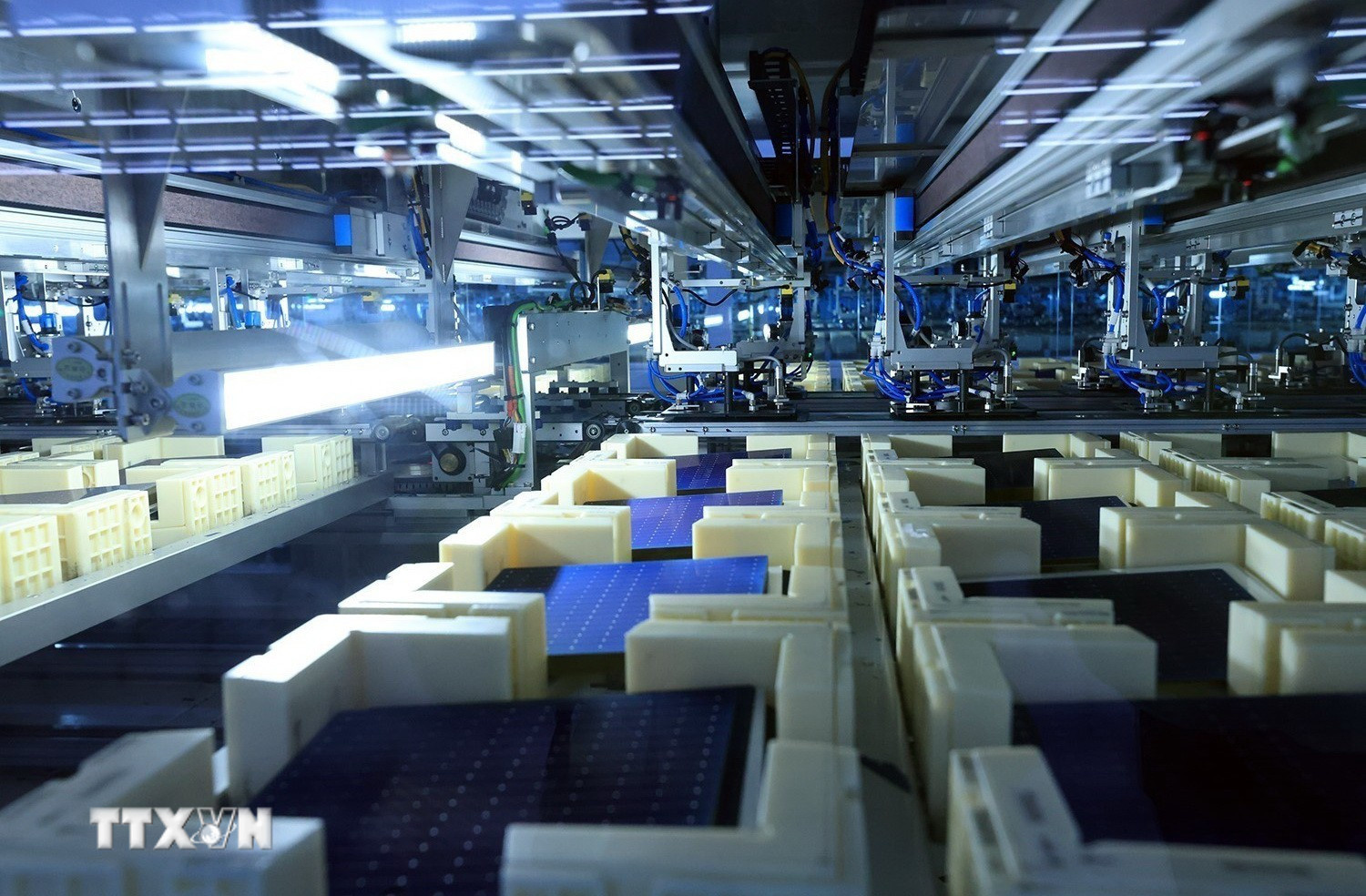
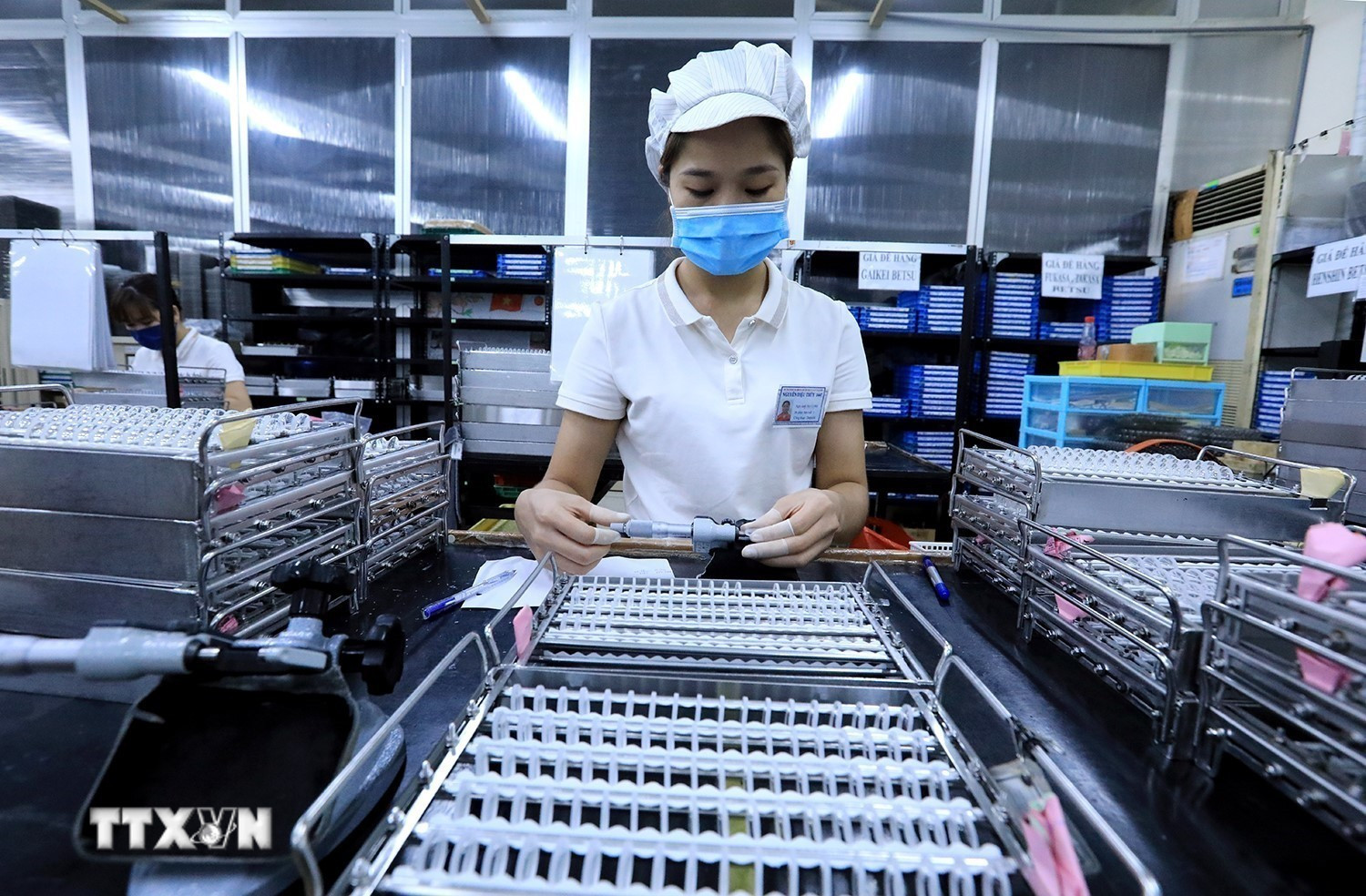
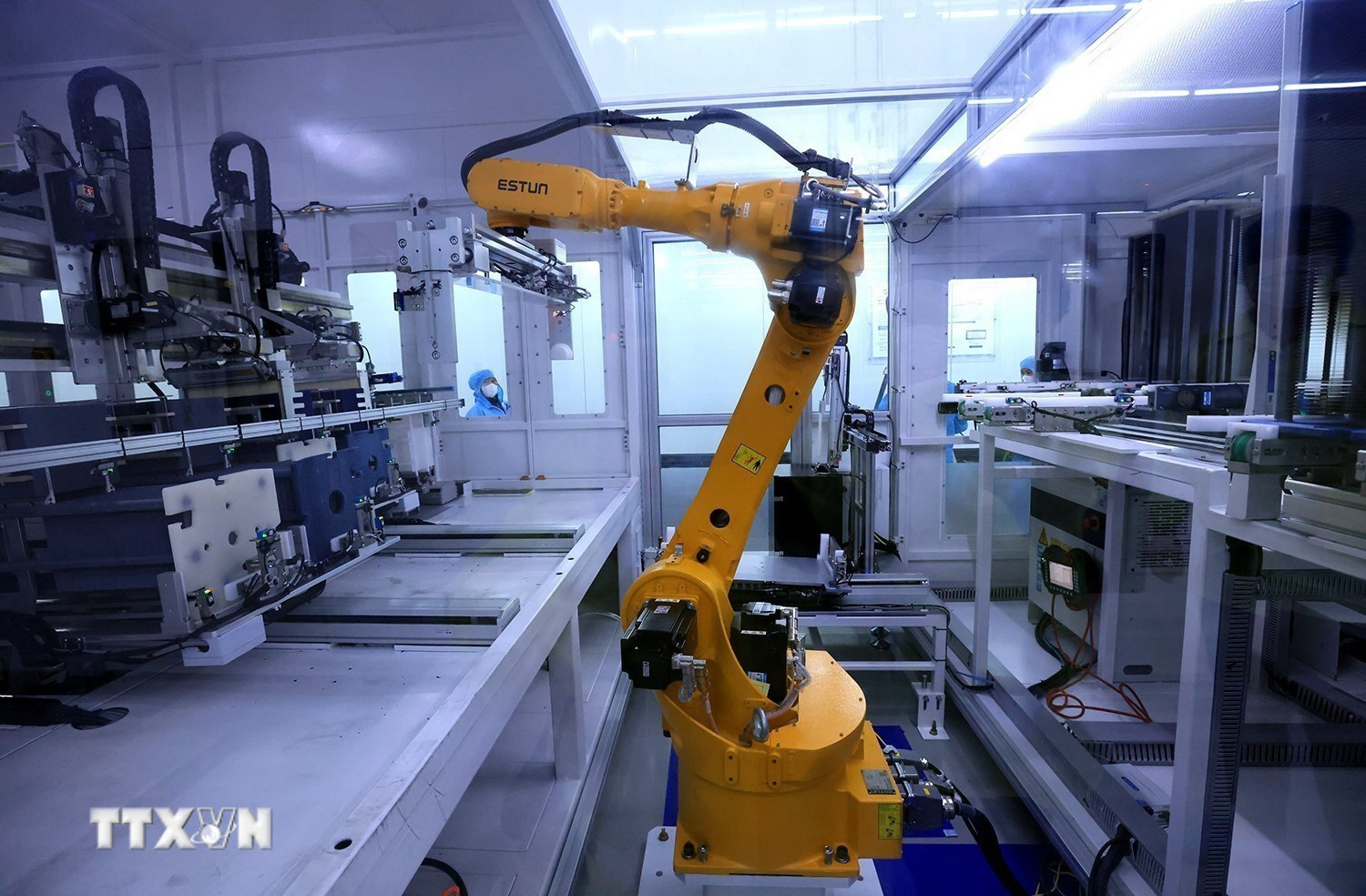
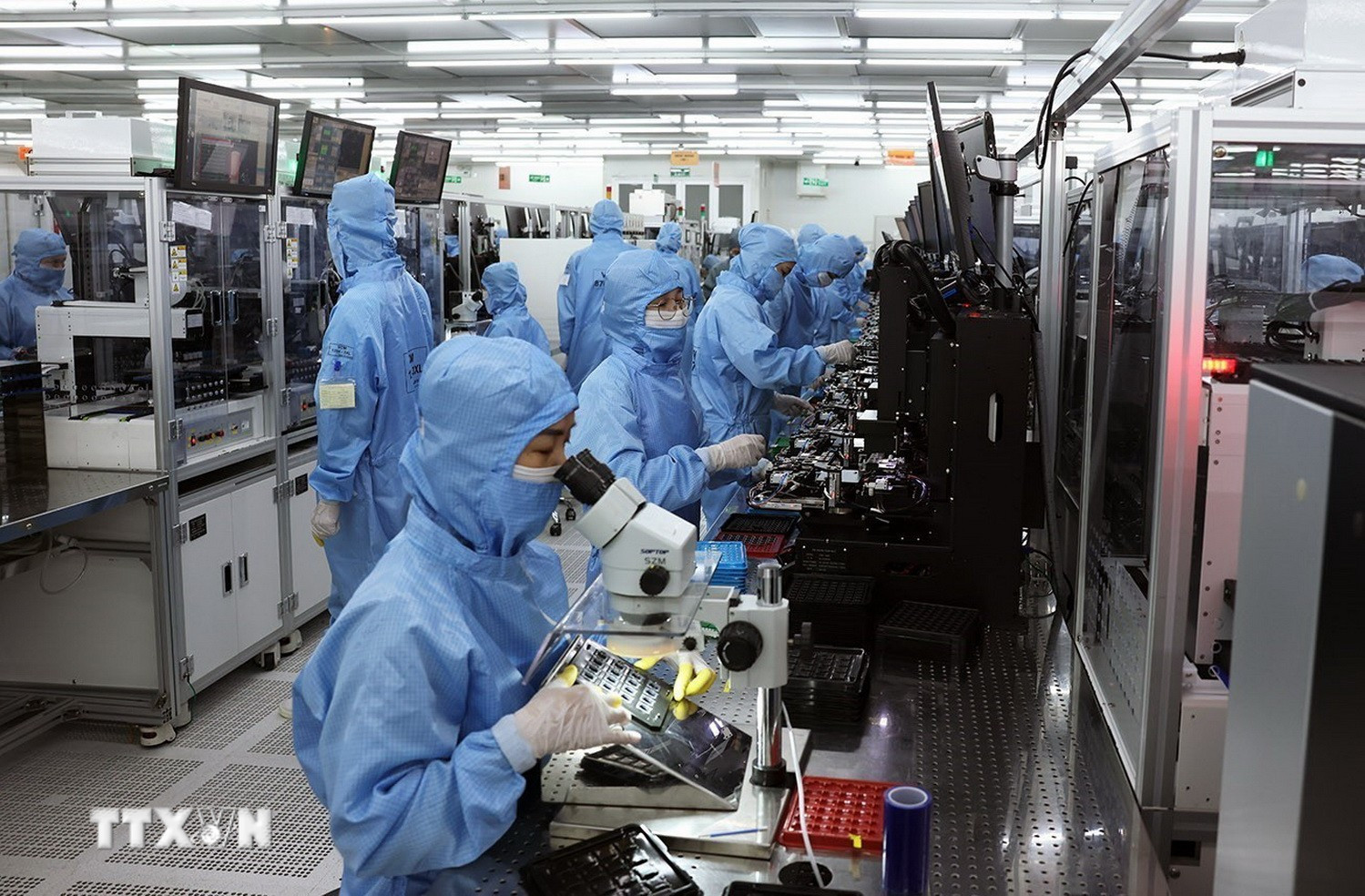
The city focuses on investment incentives by industry and location, especially in industrial parks and high-tech parks such as Hoa Lac, prioritizing high-tech fields, manufacturing and processing industry, high-quality services, R&D and innovation.
Hanoi is aiming to become a high-tech and semiconductor hub, with strong potential in Research & Development (R&D) and innovation thanks to its human resource advantage.
There is also a huge demand for investment in smart urban solutions and green infrastructure, renewable energy, and high-tech waste treatment. In addition, high-quality service projects such as finance, banking, tourism, healthcare, and education still have great potential to attract FDI.
To turn potential into reality, Hanoi is implementing key solutions. The city will selectively attract and prioritize high-tech, environmentally friendly projects with commitments to technology transfer and creating links with domestic enterprises.
Hanoi focuses on calling for investment from the world's leading multinational corporations and investment funds specializing in technology. The development of specialized industrial parks and high-tech zones, especially the Hoa Lac High-Tech Park, to create an ideal destination for high-tech FDI projects is also being promoted.
Finally, in-depth, targeted investment promotion, on-site investment promotion through international conferences and forums and proactive connection with potential partners from Japan, Singapore, South Korea, Malaysia, China, and Taiwan will be the key to maximizing the potential.
Growth drivers
The Capital Law 2024 has created a new legal framework and strong momentum for Hanoi's investment attraction.
This Law creates a unique and superior mechanism, giving Hanoi greater autonomy and responsibility in issuing policies and investment incentives, land management, planning, and infrastructure development. This helps the City to be more flexible in issuing competitive policies that are suitable to practical requirements.
In particular, the Resolution of the City People's Council on attracting strategic investors (approved on July 9, 2025) has created a solid foundation for orienting and prioritizing the areas that the Capital wants to focus on attracting, ensuring that resources are used effectively and in the right focus.
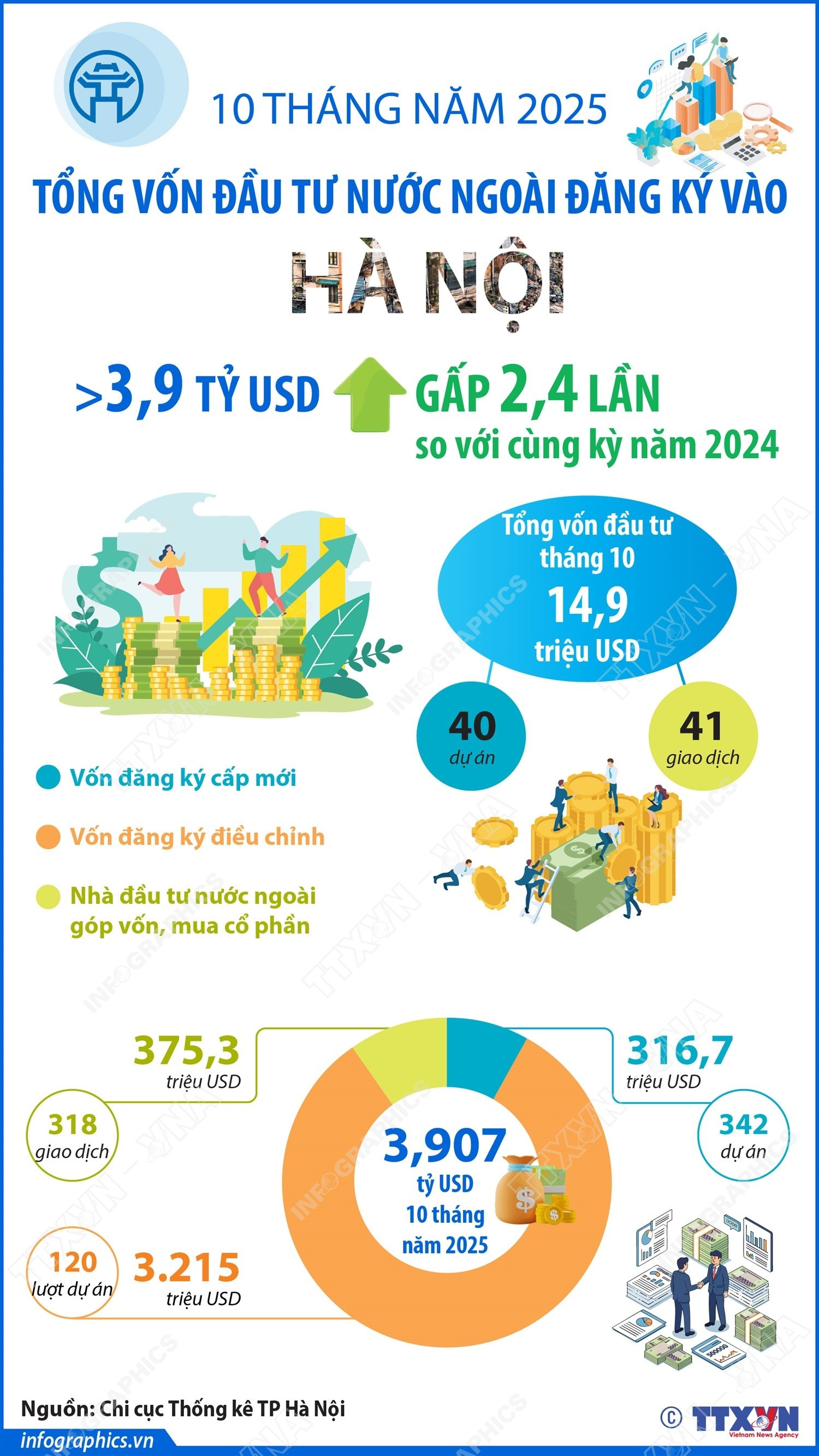
The revised Law on the Capital also orients towards sustainable and modern development, focusing on selective investment attraction, prioritizing high-tech industries, green technology, and high-quality services, contributing to building Hanoi into a smart, green, and modern city.
The new regulations help Hanoi apply more attractive incentive policies, shorten licensing time, create a more open and transparent investment environment, thereby improving competitiveness compared to other localities in the region and internationally.
Finally, the Law also creates a mechanism to encourage the attraction of high-quality human resources and the transfer of advanced technology, especially in priority areas, helping to improve the quality of FDI and sustainable development.
Hanoi has a clearly different FDI attraction structure compared to many other localities in the country, in which scientific and R&D activities account for 12.4% of total capital, showing Hanoi's strong potential in developing research and consulting activities.
Although the manufacturing industry still accounts for a significant proportion, Hanoi is clearly shifting towards high-tech orientation such as chips, semiconductors, AI, IoT, different from the usual labor-intensive processing industries in other provinces.
After the merger and implementation of two-level local government, Hanoi has strong incentives to promote growth and attract investment capital.
Optimizing resources through merging administrative units and streamlining the government apparatus will help minimize overlap and improve management and operational efficiency.
Expanding development space will create more clean land to attract investors, especially in suburban areas. Improving management capacity with a more streamlined operating mechanism will help shorten the time to process procedures and improve the quality of business services.
A more comprehensive and connected infrastructure will facilitate the movement of goods and people and promote production and business activities. Finally, larger urban areas and modern living and working environments will attract more high-quality human resources to meet the needs of high-tech projects and modern services.
With existing advantages, new mechanisms, policies and clear development orientation, Hanoi is on the way to breakthrough, continuing to affirm its position as one of the leading economic and investment centers of Vietnam.
Deputy Director of Hanoi Department of Finance Le Trung Hieu commented: “With a solid foundation and clear strategic orientation, Hanoi is ready to enter the period of high-tech FDI, aiming for sustainable development and prosperity. FDI not only brings capital, but also a channel for transferring technology, knowledge and modern management, helping Hanoi to make a breakthrough in competitiveness.
This new capital flow is expected to create a strong driving force to help Hanoi realize its goal of becoming a leading economic, financial, scientific and technological center in the region, contributing to building a civilized, modern and livable capital.”./.
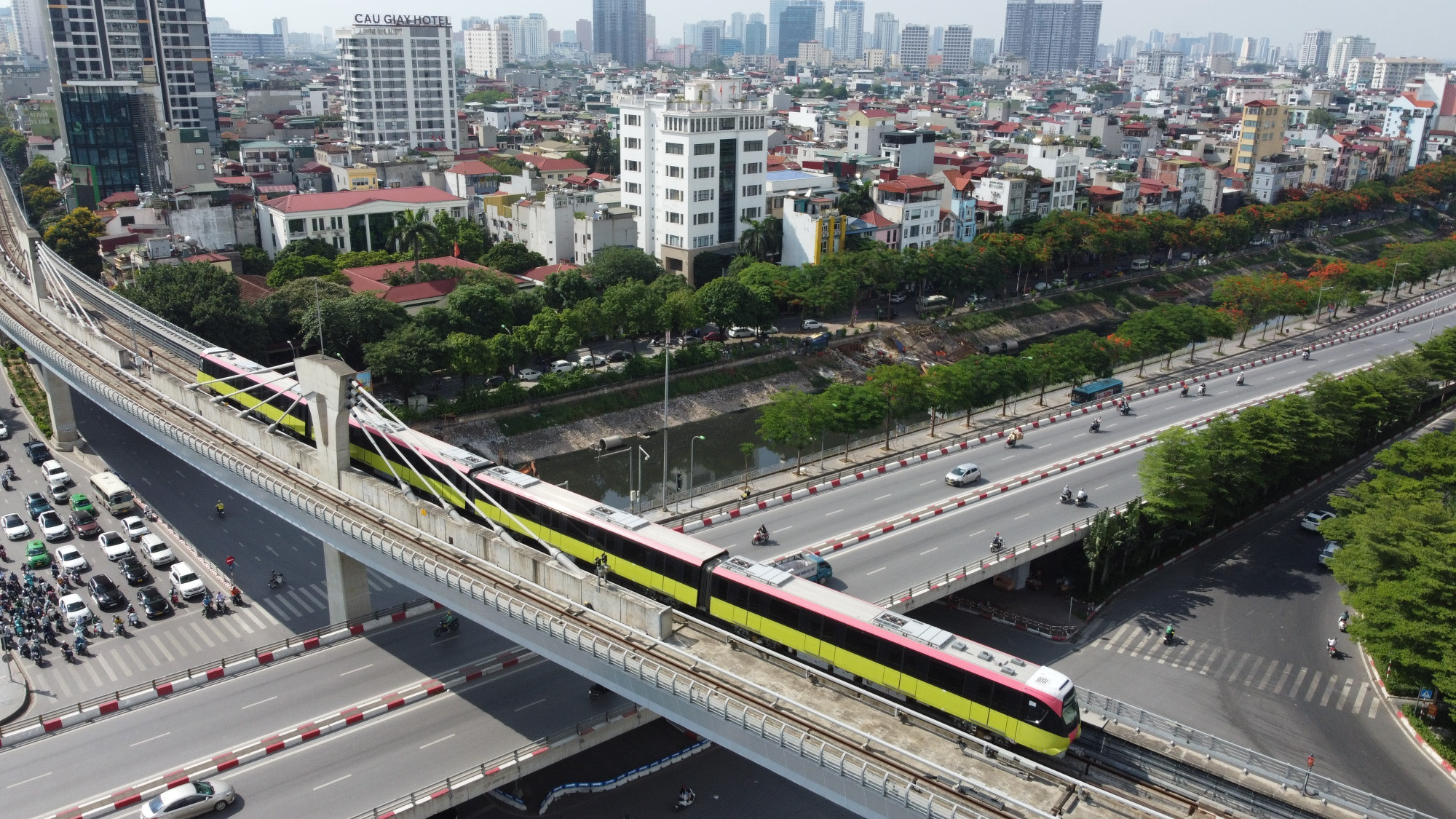
Source: https://www.vietnamplus.vn/ha-noi-day-manh-xuc-tien-dau-tu-chuyen-huong-sang-fdi-xanh-cong-nghe-cao-post1075084.vnp








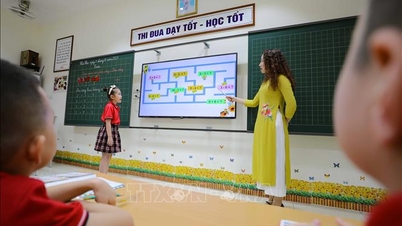



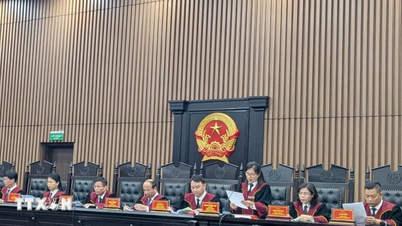

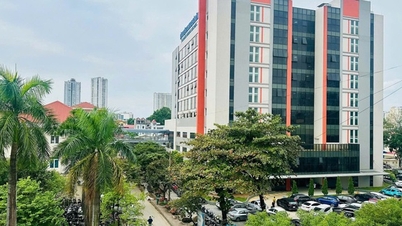

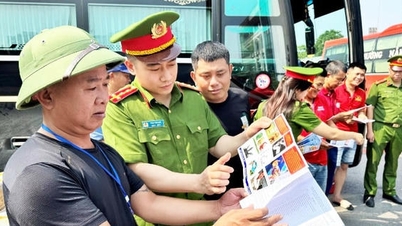





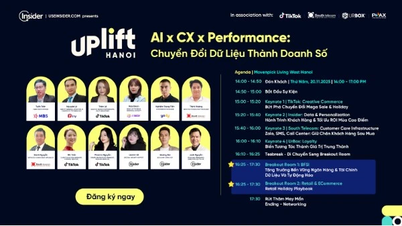







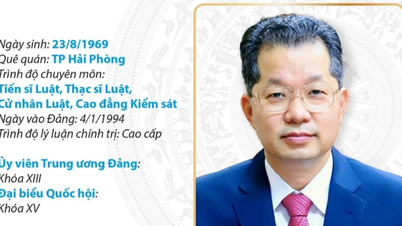



































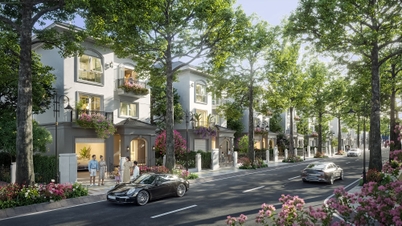











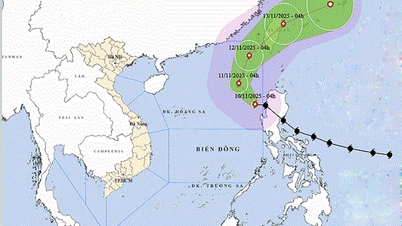



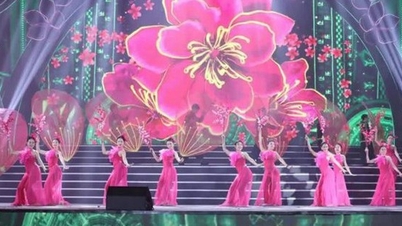
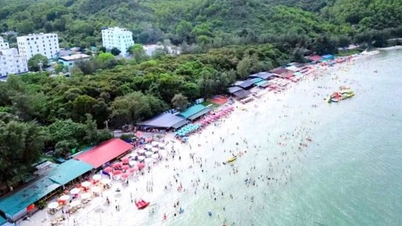
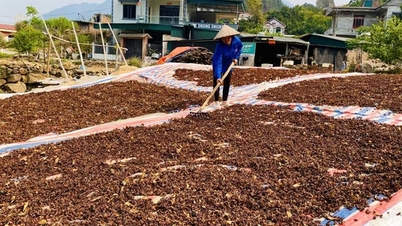
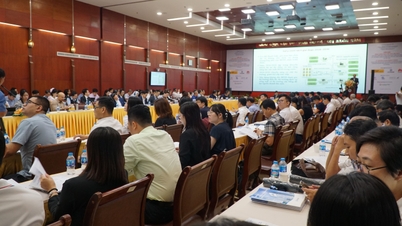




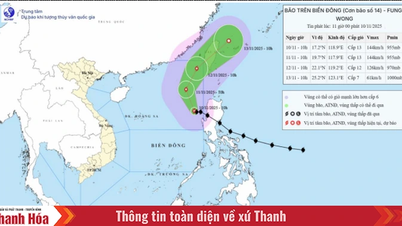
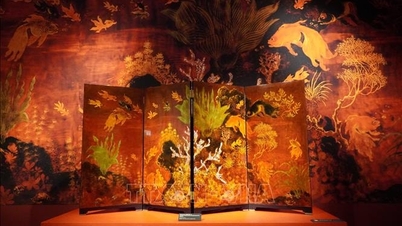







![Dong Nai OCOP transition: [Article 3] Linking tourism with OCOP product consumption](https://vphoto.vietnam.vn/thumb/402x226/vietnam/resource/IMAGE/2025/11/10/1762739199309_1324-2740-7_n-162543_981.jpeg)












Comment (0)